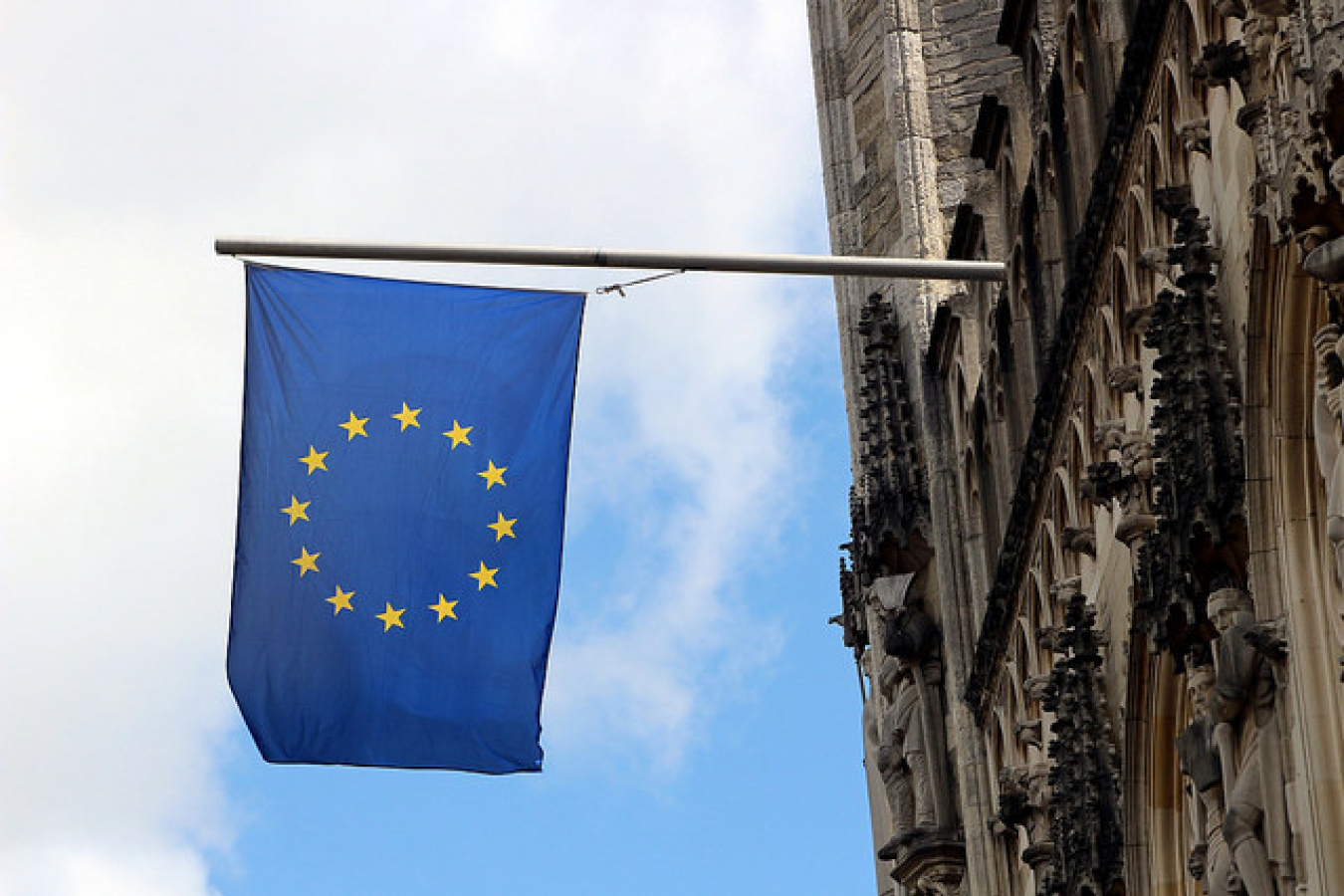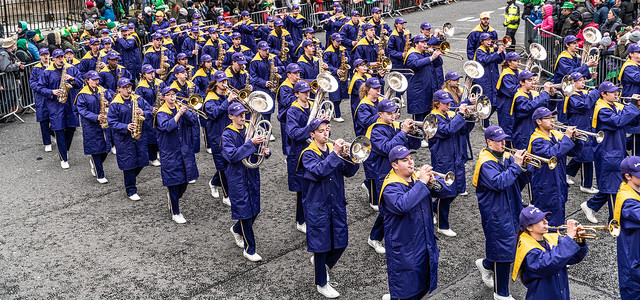 • Media Center » Video Immigration News
• Media Center » Video Immigration News
The European Union is celebrating fifty years of existence this month. With a few exceptions due to expansion, living and working in Europe has never been easier - at least for a European - thanks to liberal work permit policies for member nations. For those who live outside the EU and the European Economic Area (EEA), it can be more difficult. But, that may change in the future.
On 25 March 1957, the Treaty of Rome established the European Economic Community. The treaty was signed by France, Italy, West Germany, Belgium, the Netherlands, and Luxembourg and established the precursor of the modern EU. It was formally ratified as the "European Union" with the Masstricht Treaty, in 1992.
The European constitution was delayed when France and the Netherlands rejected it in referendums in May and June 2005, but European leaders are now discussing ways of reviving it in full or in part. In particular, Germany, which holds the EU presidency currently, is pushing hard to get the parts of the constitution that were agreed upon passed, perhaps as soon as next year.
At this point, 16 countries have completed ratification, two of them by referendum; two more have very nearly finished ratifying it; and two have rejected it.
In seven countries, the process is on hold, in most part due to the rejections by France and Denmark.
Today the EU is comprised of 27 states and is the largest economic entity in the world, with 490 million citizens. Its borders stretch from the Atlantic Ocean to the Black Sea - thanks to the addition of Bulgaria and Romania on 01 January 2007.
Immigration issues
With enlargement came new immigration challenges. The United Kingdom and Ireland have seen unprecedented levels of immigrant and migrant workers pour in since the "A8" East European countries (Latvia, Estonia, Lithuania, Poland, the Czech Republic, Slovakia, Hungary, Slovenia, Malta and Cyprus) joined the bloc in May 2004
The number of migrants that took advantage of their full free movement rights caught everybody by surprise, often exceeding estimates by a factor of ten or more. As a result, most EU nations placed temporary restrictions upon workers from Romania and Bulgaria with their accession to the EU this year.
However, by treaty, no country may have restrictions beyond seven years. Most EU nations have partial restrictions in place and gradually are phazing them out. A very small minority intend to keep all restrictions in place for the full seven years. This means that by 2011, only Bulgaria and Romania will have any restrictions in place, and even those will be limited and then gone completely by 2014.
The southern EU states, especially Spain, Italy and France, have also had to deal with increasing illegal immigration, mostly from African nations. In response, border patrols have been improved and job centers have been proposed for countries in Africa to provide a legal route for African nationals - albeit temporary - to work within the EU.
Balance: Free movement vs. security
In general, all countries are vastly increasing the security of their visas, passports and various other official documentation. It is rapidly becoming very difficult to be in the EU without proper authorization and permits in place. Difficult, but not impossible. More importantly, persons not legally authorized in the EU don't have stable access to the benefits of social services or the higher levels of the economy.
In addition, members of the current EU government have recently been discussing a "Blue Card" to allow immigrant workers to live and work in any member nation, without the hassle of different national visa and work permit laws. In the proposal stage now, persons qualifying for the card would enjoy freedom of movement and labor rights similar to those of EU citizens.
The concept has been around for several years, and its time may now have come. The hope, and the critical need, is to alleviate labor shortages, boost the working age population, and bring in desperately needed skills to make the EU more competitive.
The EU finds itself also in competition with nations such as Canada and the United States to bring in top foreign talent. In addition, they are competing with strong, established immigration programs such as those in Australia and New Zealand.
With such a diverse entity as the European Union, it's inevitable that there will be a variety of opinions on immigration, and it's hard to visualize an EU-wide immigration scheme for non-EU nationals at the moment. Members such as France, Denmark and the Netherlands want to keep their borders close and the anti-immigration rhetoric high, mainly in response to increased immigration from Muslim countries and some high-profile news stories.
In contrast, there are countries such as Finland and Sweden, who take a very liberal approach to immigration. Sweden leads the EU in shouldering the load of refugees from, Iraq and both countries have no restrictions on workers from Romania and Bulgaria.




